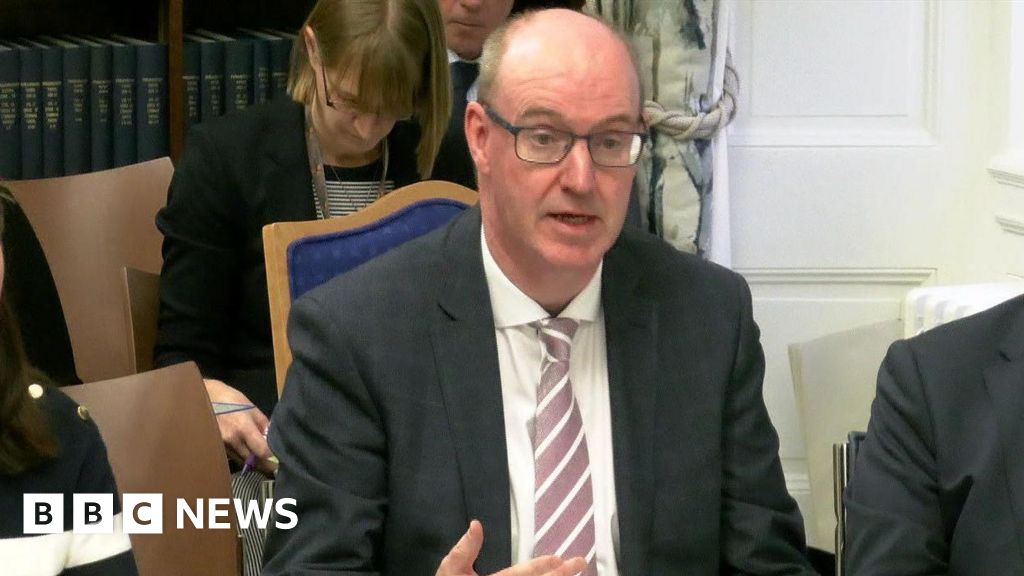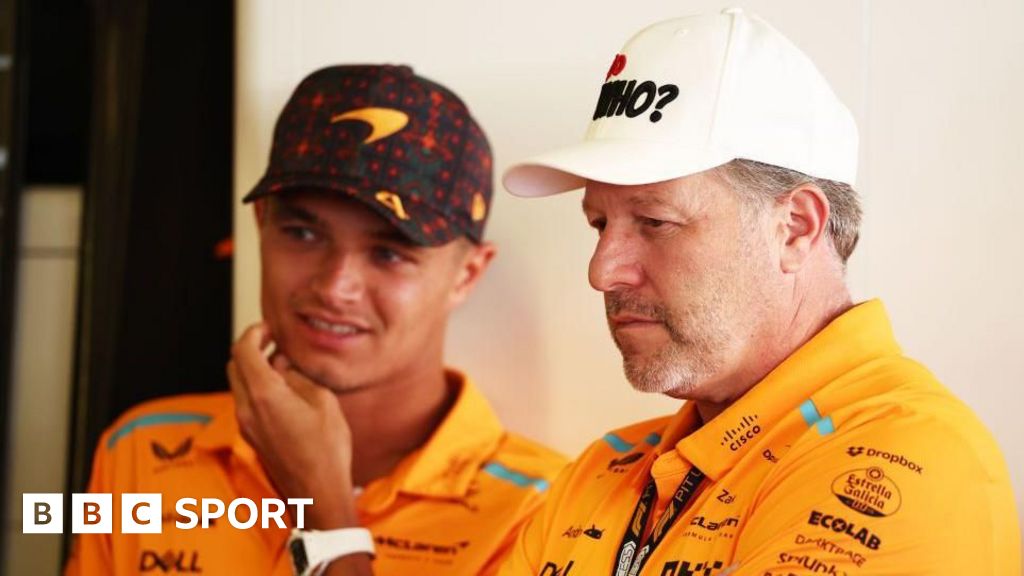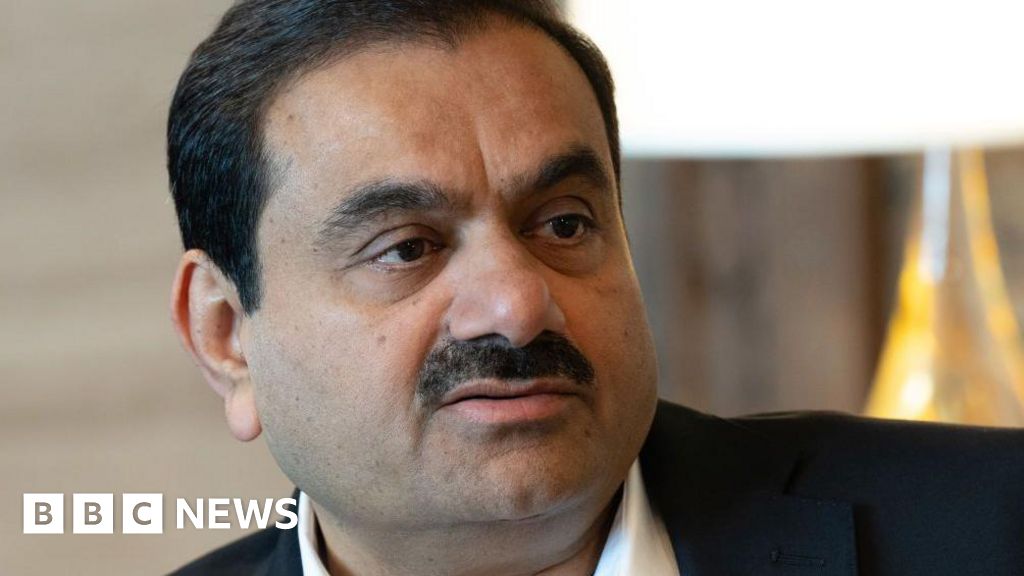
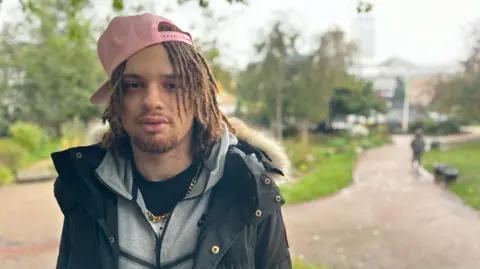 Nick Johnson / BBC
Nick Johnson / BBC
Lorenzo Alara says education did not "feel valuable" during his time in a young offender institution
The standard of education received by children in young offender institutions (YOIs) is in rapid decline, according to a report.
The review, by the Office for Standards in Education (Ofsted) and His Majesty’s Inspectorate of Prisons (HMIP), found some children having only half an hour per day out of their cells.
That is because many YOIs struggle to deal with children's complex behavioural issues and have to keep them apart.
The government said it was determined to tackle the issues raised in the report "head on".
The report said children needed more time out of their cells and called for the recruitment of better teaching staff.
Oftsed chief inspector Sir Martyn Oliver said the provision in some YOIs was so "shockingly bad" some inspectors needed "counselling" after their visits.
'Survival mode'
Lorenzo Alara was sent to a YOI for drugs offences, aged 19.
Although his YOI was not one of the institutions examined in the report, he said many of the young people there did not care about their education while inside and were just in "survival mode".
Many worried about being ostracised as "nerdy" if they appeared too invested in their education.
And those that were keen to learn were often met with a lack of staff available to teach the courses offered to them.
More young people could be attracted to education if it was more skills-based, more interactive, or even incentivised with perks for their cells, Mr Alara said.
"If you want to see prison as rehabilitation as well as punishment, then of course you should care about the education system," he added.
'Systematic failure'
The YOIs examined in the report house 15-18-year-olds, the vast majority male.
Some have received long sentences for serious crimes such as murder or rape, while others are on remand, awaiting trial.
None of the institutions in the report - Cookham Wood, in Kent; Feltham A, in London; Werrington, in Staffordshire, and Wetherby and the Keppel unit, in Yorkshire - were graded above "requires improvement" at their last inspection.
That grading includes their education provision, which became part of all prison inspections in 2020.
YOIs are expected to provide at least 15 hours' education per week.
But because of complex "keep-apart" policies, some children are kept isolated in their cells for 23 hours per day.
Sir Martyn called it a "systemic failure" against "some of the most vulnerable children in the country".
"Their future shouldn't be written off," he added.
The report found standards in YOIs had been declining for 10 years, due to poor leadership and a lack of cooperation with education providers.
Chief inspector of prisons Charlie Taylor said isolating children in their cells damaged their mental health, with 60% of those released from YOIs typically reoffending within a year.
"That's an enormous cost both financially and to the communities they live in, and their victims," he said.
Youth Justice Minister Nic Dakin said the new Labour government had inherited a system "in crisis" but was now "working towards a clear strategy for youth custody reform".
A 2016 review of the youth justice system, led by Mr Taylor, recommended introducing new "secure school" facilities to prioritise "rigorous education and training".
The first, Oasis Restore, opened in Kent earlier this year.

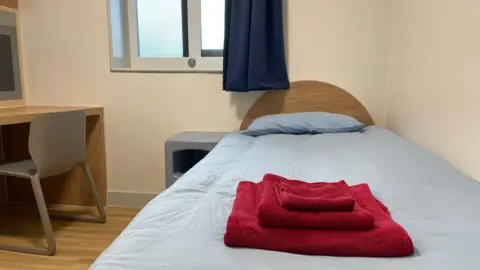 Simon Jones / BBC
Simon Jones / BBC
At a new "secure school" in Kent, there are no bars on the windows and children have their own rooms
It houses 12-18-year-olds in individual rooms without bars on the windows.
They are referred to as students, while staff are "teachers" and "restore practitioners".
Oasis founder the Reverend Steve Chalke said it was "very secure but hugely different", providing children with small class sizes and even one-to-one learning.
They also take vocational classes in areas such as business or catering.
The priority should not be "locking kids up to punish them" but "helping them to return to society", Mr Chalke said.

 1 month ago
15
1 month ago
15


